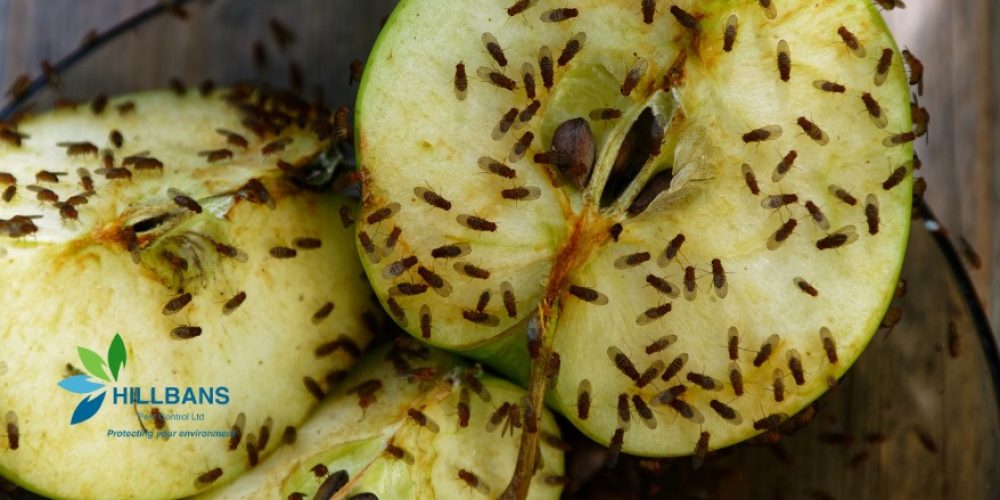Fruit flies, those tiny nuisances that seem to appear out of nowhere, can quickly turn your kitchen into a battleground. These pesky insects are not only annoying but can also pose a hygiene concern. If you’ve ever found yourself wondering how to get rid of fruit flies and prevent their return, you’re not alone. In this comprehensive guide, we’ll explore effective methods, preventive measures, and answers to common questions about these tiny intruders.
What Attracts Fruit Flies?
Fruit flies are drawn to the scent of ripe or decaying fruits and vegetables, as well as fermenting liquids. These small insects can detect these odors from a distance and are especially active during warmer months. Even the tiniest bits of organic matter can provide them with the ideal breeding ground. This is why you often find them hovering around your kitchen fruit bowl.
Do Fruit Flies Spread Germs?
Fruit flies are more than just a nuisance; they can also carry bacteria and contribute to the spread of germs. While they are not directly harmful, they can potentially contaminate your food and food preparation areas. It’s crucial to address fruit fly infestations promptly to maintain a clean and healthy living environment.
How To Get Rid Of Fruit Flies
- Fruit Fly Trap: Probably the quickest and easiest way is to purchase and place a fruit fly trap that uses a non-toxic lure and is highly effective for the control of fruit flies. these are available from our shop, with free island delivery
- Create Vinegar Traps: A simple DIY method is to set up a vinegar trap. Fill a small bowl with apple cider vinegar and a few drops of dish soap. Cover the bowl with plastic wrap and poke small holes in it. The flies are attracted to the vinegar but get trapped by the soap.
- Dispose of Overripe Fruits: Remove overripe fruits and vegetables from your kitchen to eliminate their breeding grounds. Store ripe fruits in the refrigerator to discourage fruit flies from congregating.
- Seal Food Containers: Store food in airtight containers. This prevents fruit flies from accessing potential food sources.
- Fix Drain Issues: Fruit flies can breed in damp, organic matter. Use a mixture of baking soda and vinegar to clean and deodorise drains regularly.
How to Keep Fruit Flies Away
- Maintain Cleanliness: Regularly clean countertops, sinks, and other surfaces to remove any food residue that might attract fruit flies.
- Cover Fruits and Vegetables: Store fruits and vegetables in the refrigerator or covered containers to minimize their exposure to fruit flies.
- Empty and Clean Pet Bowls: If you have pets, ensure their food and water bowls are clean and emptied regularly.
- Regularly Clean Drains: Prevent breeding grounds by cleaning and maintaining your drains. Use a drain brush and a mixture of baking soda and vinegar.
- Ventilation Matters: Ensure proper ventilation in your kitchen and other areas prone to fruit fly activity. Stagnant air can attract these pests.
Common Fruit Fly Questions
- Can Fruit Flies Disappear on Their Own? While fruit flies might seem to vanish, they often continue to breed and return if their breeding sources are not eliminated. Taking action is essential to prevent their resurgence.
- Do Fruit Flies Only Infest Kitchens? Fruit flies can infest any area where there’s organic matter, including bathrooms, trash areas, and even indoor plant pots.
- Are There Natural Predators of Fruit Flies? Yes, some creatures like spiders, parasitic wasps, and certain species of beetles are natural predators of fruit flies and can help control their populations.
- Can Fruit Flies Damage Plants or Gardens? Fruit flies are particularly harmful to gardens and crops, as they can damage fruits and vegetables, causing economic losses for farmers and gardeners.

